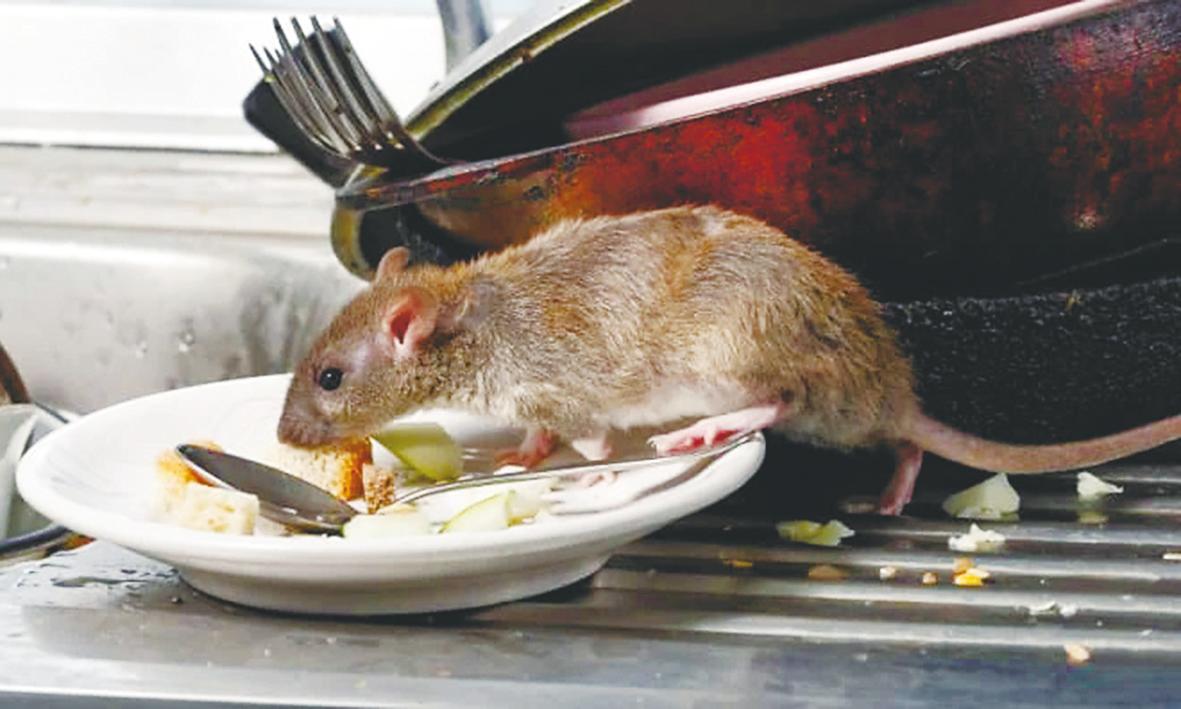PETALING JAYA: Although Malaysia has seen a decline in leptospirosis cases, the bacterial infection continues to pose a threat, especially during the rainy season.
In 2015, the country recorded 8,291 cases and 78 deaths. More recently, 2,912 cases and 38 deaths were reported in 2020 and 1,761 cases were recorded in 2021.
States such as Selangor, Kelantan and Sarawak have historically recorded higher case numbers, with outbreaks in 2014, 2015 and 2019.
In contrast, Perak and Labuan consistently reported fewer cases.
Despite the downtrend, Hospital Canselor Tuanku Muhriz infectious disease specialist Dr Petrick Periyasamy has warned the public not to dismiss leptospirosis as a minor illness.
“Leptospirosis is preventable, but when ignored, it could become life-threatening in just days,” he said, adding that the disease could lead to multi-organ failure, particularly in flood-prone and unsanitary environments.
The infection is caused by Leptospira bacteria, commonly found in the urine of rats and other infected animals.
Once inside the body, the bacteria spread through the bloodstream and attack multiple organs, including the kidneys, lungs, heart and nervous system.
In the kidneys, the bacteria damage the filtration system, leading to acute kidney failure.
In the lungs, it causes pulmonary bleeding and fluid buildup, resulting in acute respiratory distress syndrome.
The bacteria could also invade the brain and heart, triggering meningitis or fatal arrhythmias.
“Symptoms often appear between two to 14 days after exposure and may resemble the flu – fever, headache, muscle aches – making diagnosis difficult.
“Delayed treatment could result in the disease progressing rapidly, with severe and sometimes irreversible outcomes.”
Periyasamy also warned of a lesser-known route of infection: contaminated canned drinks.
“Leptospira can survive on moist surfaces. Cans stored in humid warehouses or delivery trucks may carry the bacteria.
“If someone drinks from an unwashed can, the bacteria could enter through minor cuts or the mouth’s mucous membranes.”
He cited a 2009 case report in the Indian Journal of Microbiology linking a fatal infection to a contaminated drink can and a 2020 study showing that leptospira could survive in certain beverages for up to 15 minutes.
“While rinsing or wiping cans may reduce risk, prevention lies in hygiene and storage practices, especially among food and beverage vendors.”
He called for better rodent control, clean storage areas, regular sanitation of surfaces, proper waste management using sealed bins and good personal hygiene among food handlers.
“Cans and bottles should be kept off the floor and away from areas that attract pests.”
The spotlight on leptospirosis came following the death of 23-year-old Muhammad Ikmal Azizuddin from Kedah, who fell ill four days after a hiking trip in July.
Ikmal began experiencing fever, diarrhoea and vomiting, but assumed it was just a common illness.
Tragically, he passed away on July 17, before his family could reach him at Hospital Melaka.
According to his father, the infection spread rapidly over just four days, severely damaging his kidneys, lungs, nervous system and heart.
He believes the source of the infection was a canned drink consumed during the hike, which had not been washed beforehand.
In 2020, a 29-year-old man died and four others were hospitalised with suspected leptospirosis after engaging in river activities in Pahang. Authorities linked the outbreak to exposure to contaminated water.
Periyasamy urged health authorities to launch targeted awareness campaigns, especially in urban areas and among food vendors.
These should use clear visuals and simple language, spread through social media, public transport stations, schools and community centres.
He also called for stricter enforcement of vendor hygiene inspections and suggested that basic health and hygiene education be integrated into school curricula.
“Be mindful of your surroundings, especially in places with poor sanitation. Avoid contact with floodwaters, and take hygiene seriously.”









